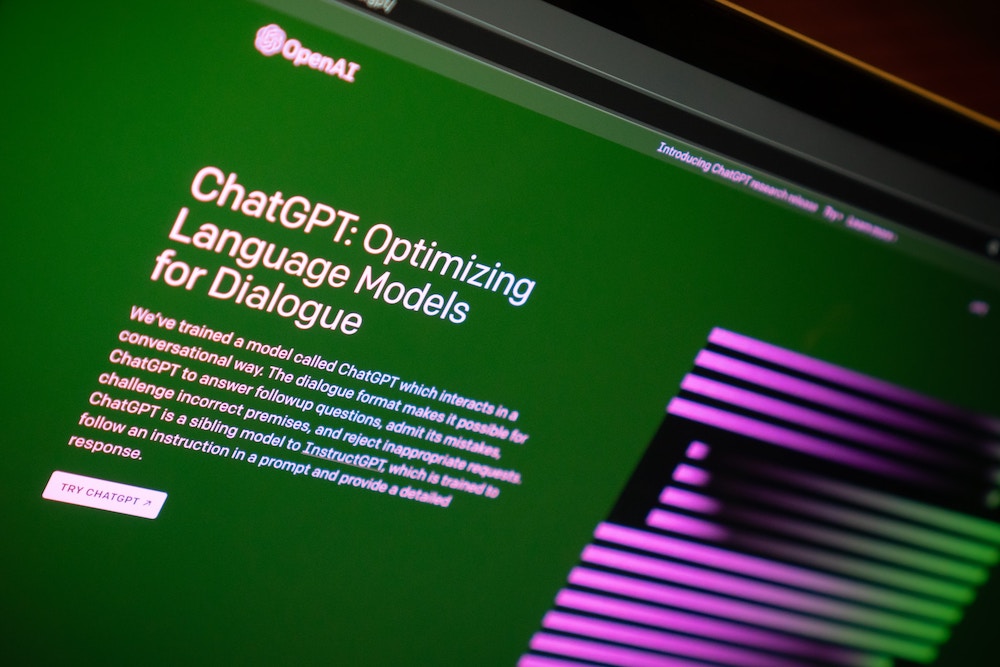Generative artificial intelligence is reshaping the way businesses operate in various sectors, and marketing is a field where its influence is most felt.
By utilizing generative AI, brands can tap into advanced analytics and generate personalized content to forge deeper connections with their audiences, creating experiences that are impactful and meaningful.
Leading the way in this rapidly evolving marketing landscape is NP Digital, founded by entrepreneur Neil Patel. With a diverse clientele and a proven track record of helping businesses achieve their marketing goals, NP Digital has established itself as a leader in the industry. KrASIA had the opportunity of speaking with Dan Kalinski, managing director of NP Digital APAC, to gain insight into the intersection of generative AI and marketing, and the opportunities it presents for brands.
The following interview has been edited and consolidated for brevity and clarity.
KrASIA (Kr): How has generative AI impacted marketing strategies?
Dan Kalinski (DK): Generative AI has significantly impacted our work with clients in three ways. Firstly, it enables us to expedite content production, creating more opportunities to boost the search rankings of clients.
Secondly, AI can generate assets and graphics at scale. Lastly, by applying generative AI to data analytics, we can gain valuable insights into trends and the interplay between different marketing channels, enabling real-time optimization.
With AI, we can empower clients to move faster in the digital economy. Speed is now more important than scale, and AI technology will allow brands to be agile without investing heavily in manpower.
Kr: With generative AI potentially yielding similar results, how do you help your clients stand out from others while utilizing it?
DK: AI’s role in marketing is to enhance productivity while retaining its core elements. These include providing value through a quality product, a clear unique selling proposition, and effective communication. AI can assist in content creation and data analysis, but it cannot replace brand value and reputation.
The quality of content is a crucial element. Generating a large volume of content alone will not suffice as it could lead to a poor experience. Google and other platforms can differentiate between good and bad content, highlighting the significance of prioritizing quality over quantity.
The key is to focus on marketing fundamentals and use AI as a tool to optimize and enhance existing strategies, thereby improving overall efficiency and achieving better results.
Kr: What are some examples of businesses that have successfully utilized generative AI to meet their marketing goals?
DK: Our clients hail from various sectors, including manufacturers of photocopiers and industrial printers, financial companies, and e-commerce companies.
In each case, we use AI and data analysis to personalize user journeys, deliver relevant content, and generate multiple ad iterations. AI also allows us to optimize landing pages by conducting A/B testing, and this has the potential to increase conversion rates by improving the quality of messaging and user experiences.
Kr: Some businesses might be hesitant to adopt generative AI, expressing concerns about the technology’s complexity. What advice do you have for them?
DK: To achieve success, it is important to be curious about your consumers and utilize technology to gain valuable insights into their behavior. This understanding is crucial in identifying what satisfies or dissatisfies them when interacting with your brand.
Real-time data flow enables you to evaluate the effectiveness of your product and determine if any enhancements are necessary. If your product is not selling as expected, it is important to analyze whether the issue lies with the product itself or the customer experience. Such insights will allow you to better cater to their needs and preferences.
Kr: What challenges and ethical considerations should businesses be aware of when using generative AI for marketing?
DK: AI could be a cause of concern with regard to intellectual property rights, and there is a need to determine how AI-generated content will be managed and regulated. It remains to be seen how Google will navigate this issue, and one possible method could be compulsory disclosure, where a publisher has to indicate whether the content is generated by humans or machines.
Google, as a platform, relies on content produced by other parties. In terms of property rights, there should be some form of commercial reward for content creators, as long as they hold publishing and intellectual property rights over their content.
Kr: What are some of the key trends in generative AI that you are looking forward to?
DK: I believe that AI can change the way videos are produced by bringing together audio and visuals in creative ways. However, there are concerns about the misuse of AI and issues like responsible usage of deepfakes that need to be addressed.
From a marketer’s perspective, I hope that AI will move us away from traditional metrics such as impressions to focus on real engagement and meaningful data analysis. By integrating data from various channels and analyzing their influence, AI can identify cross-channel trends to improve our understanding of consumers and uncover new ways of providing customer value.

